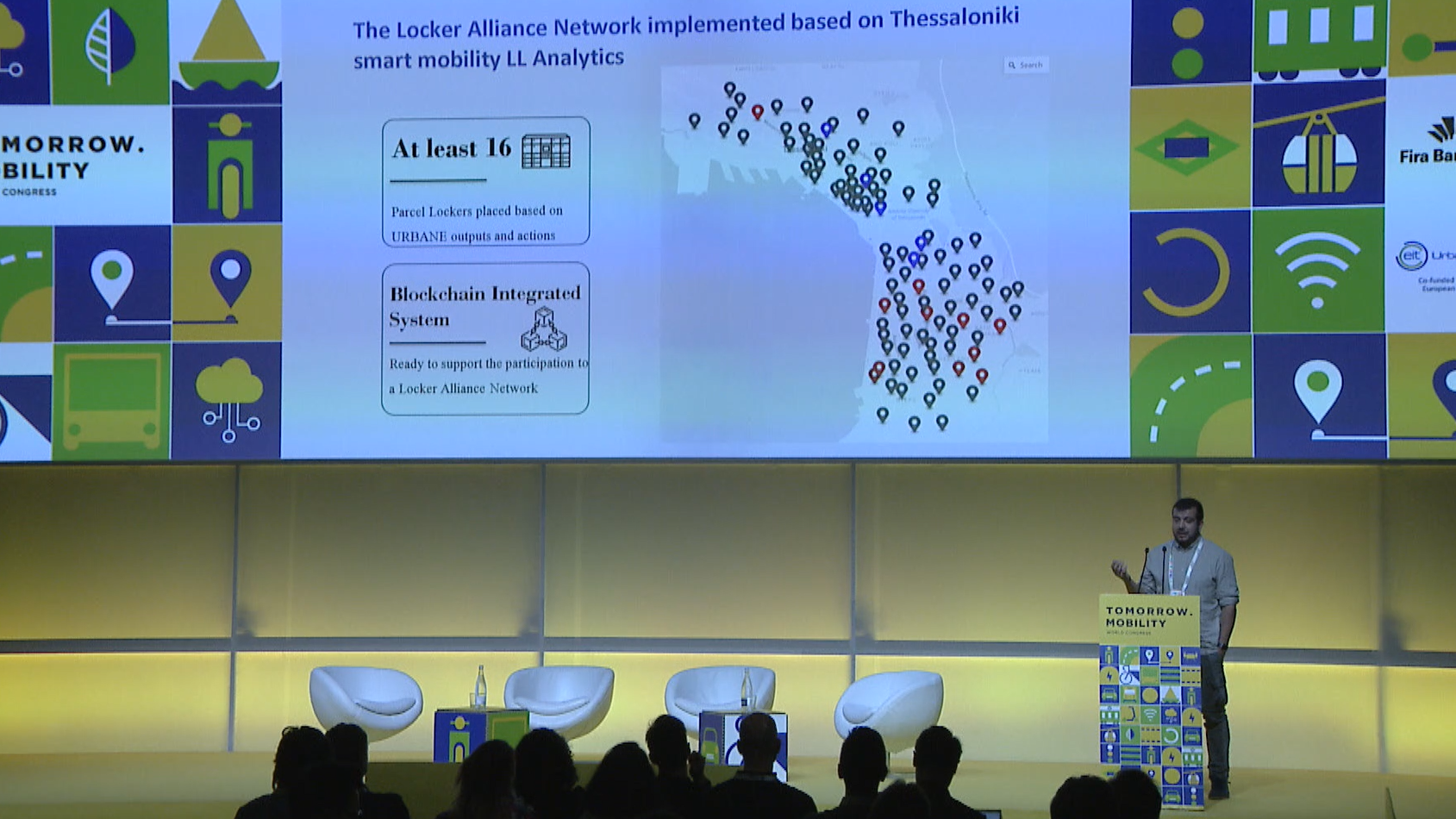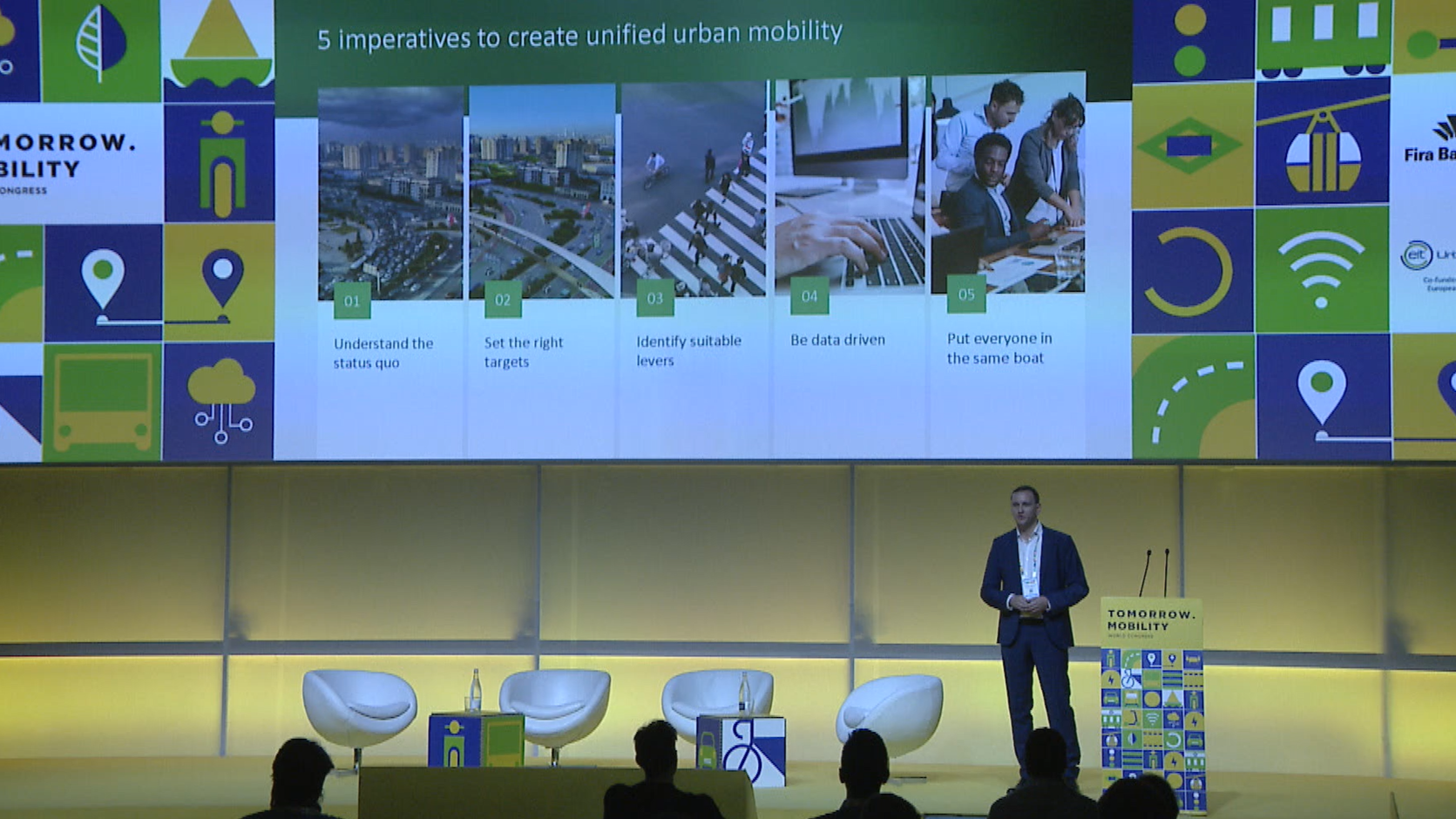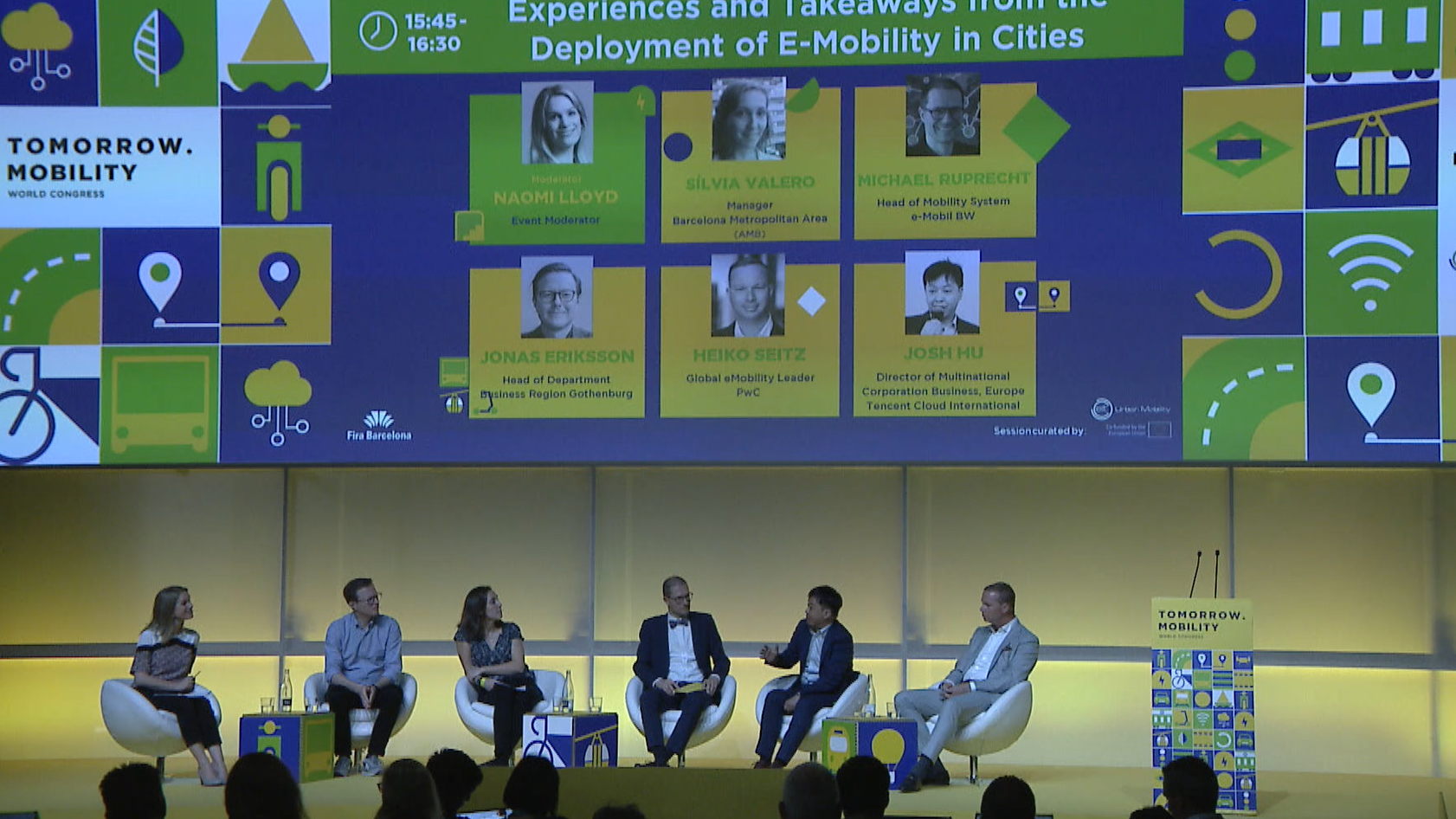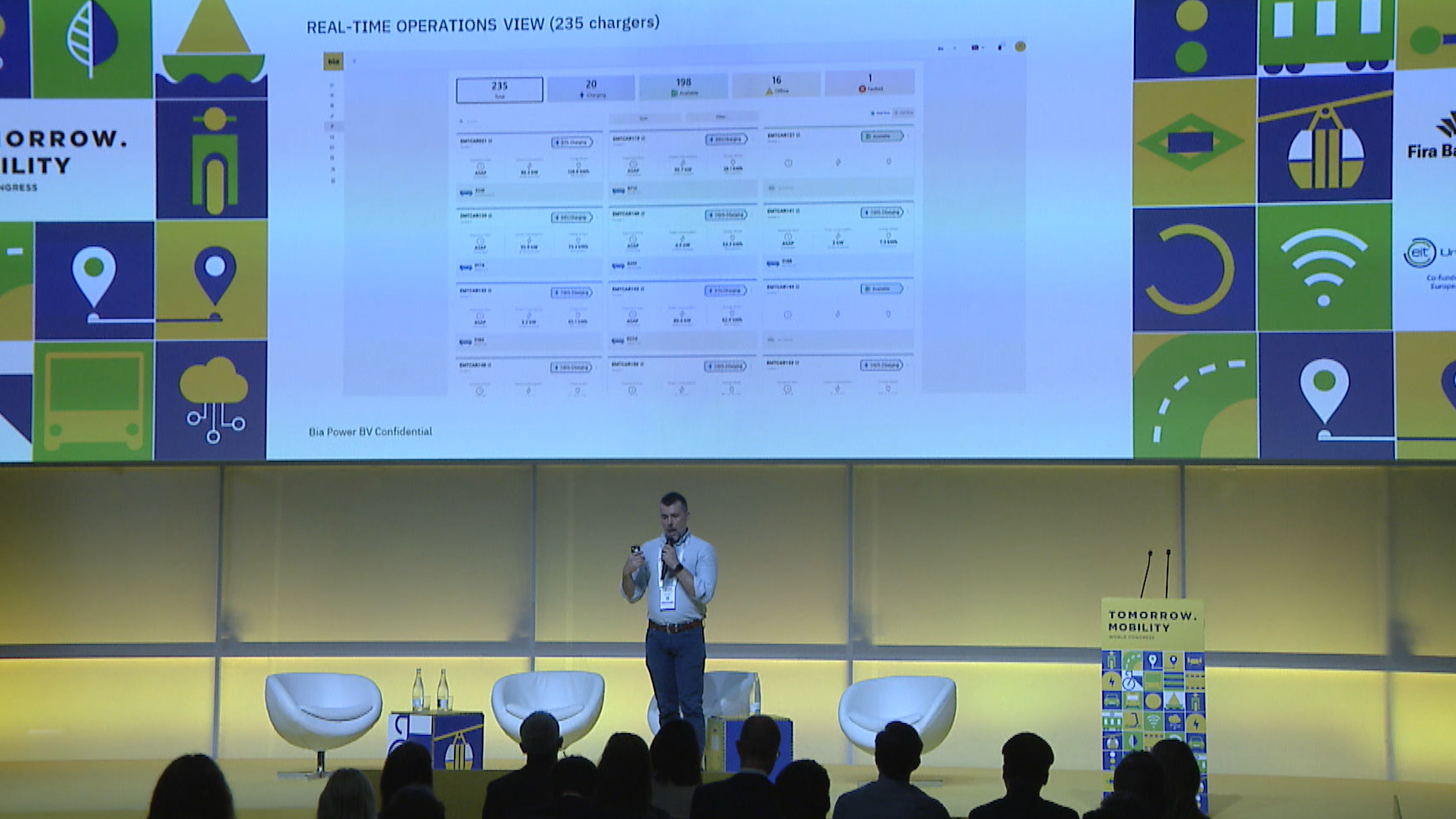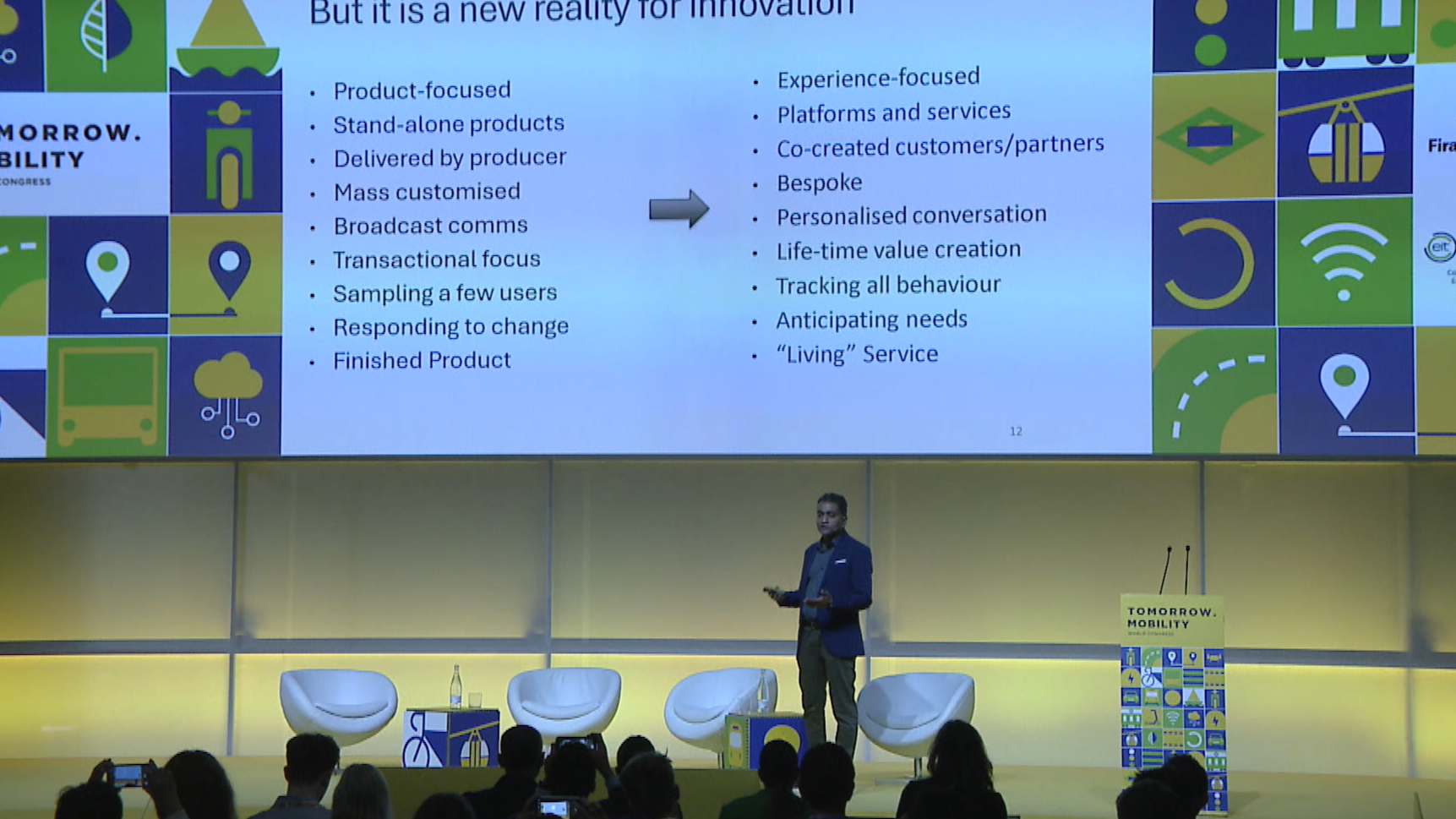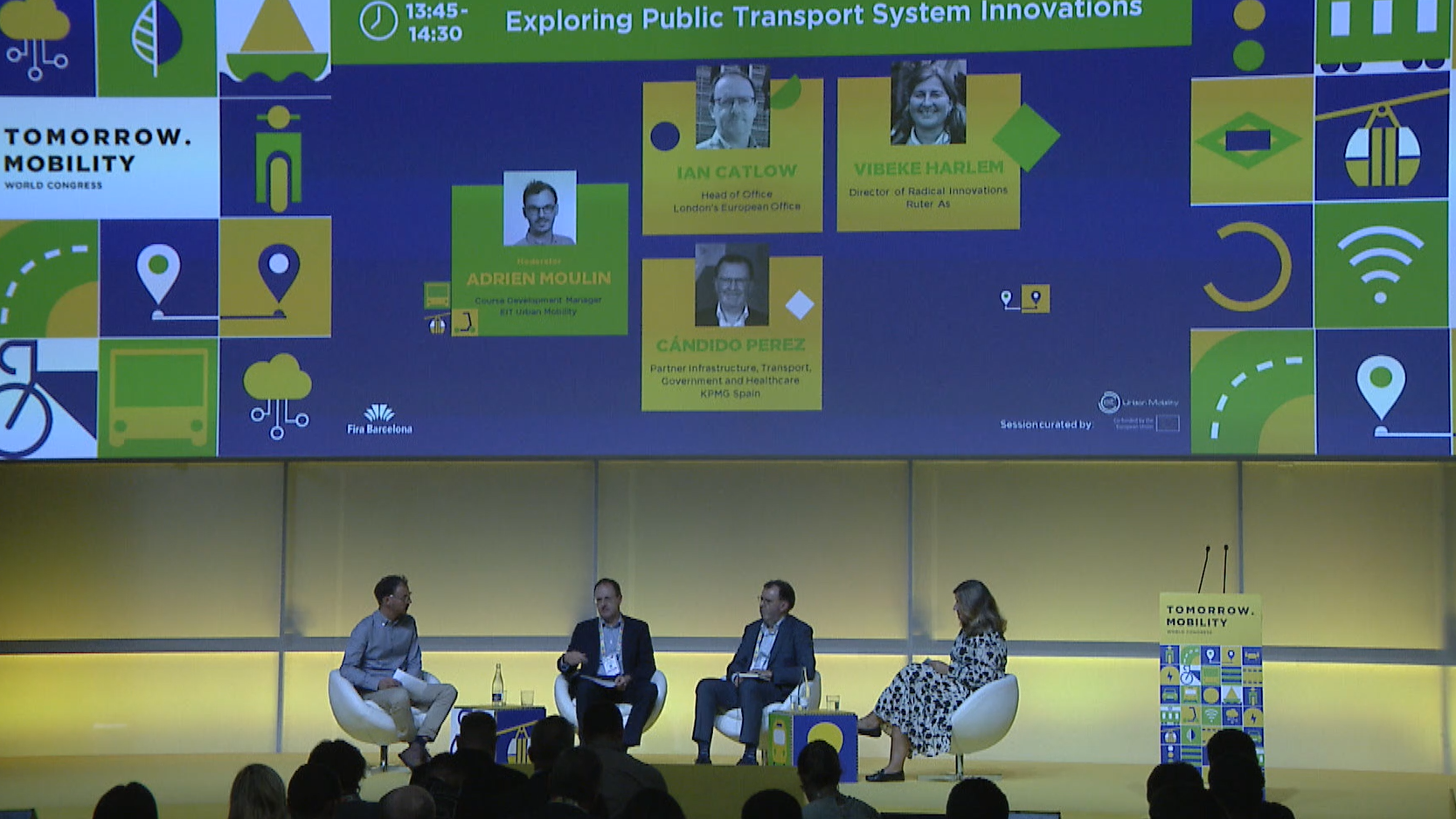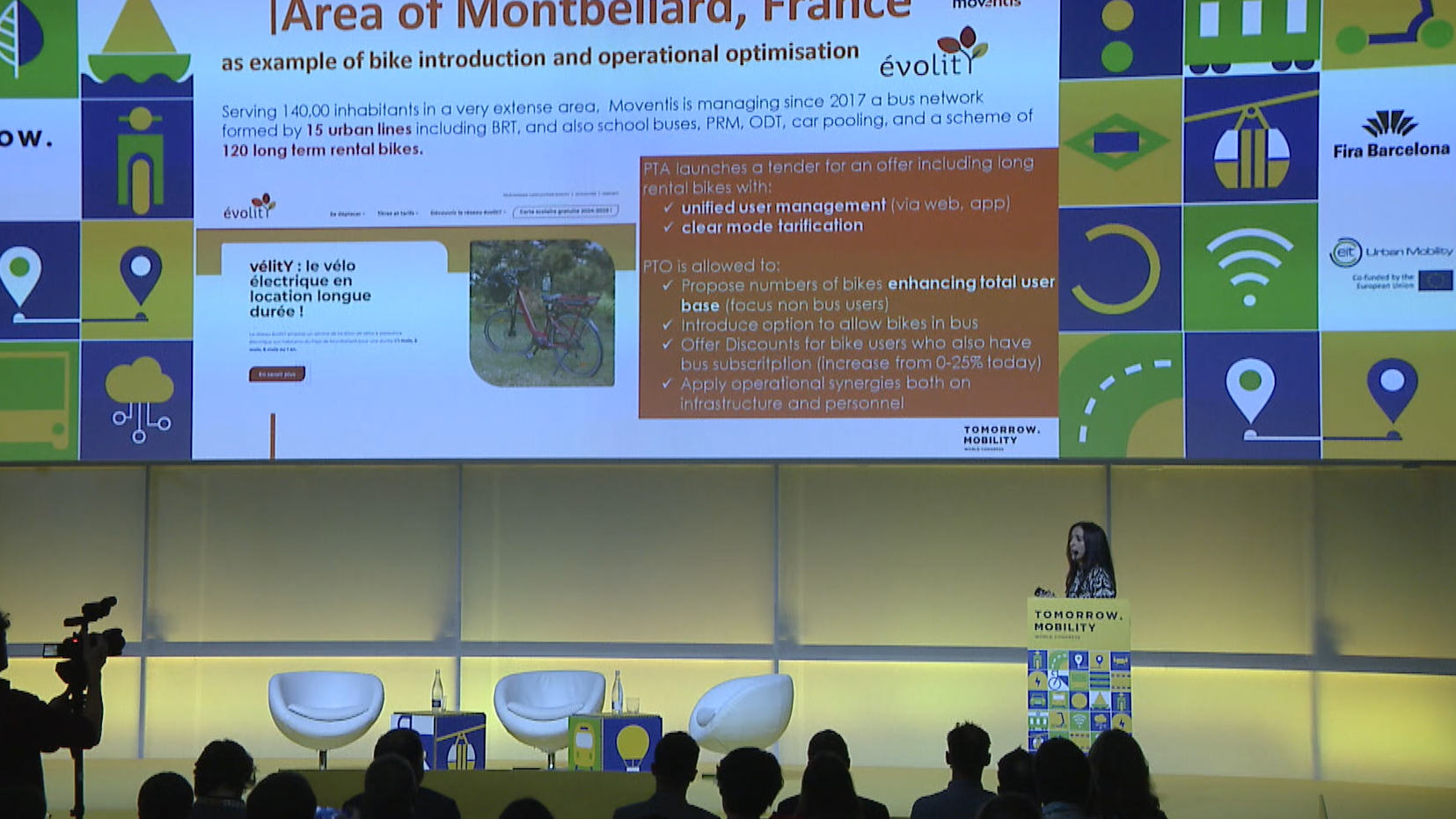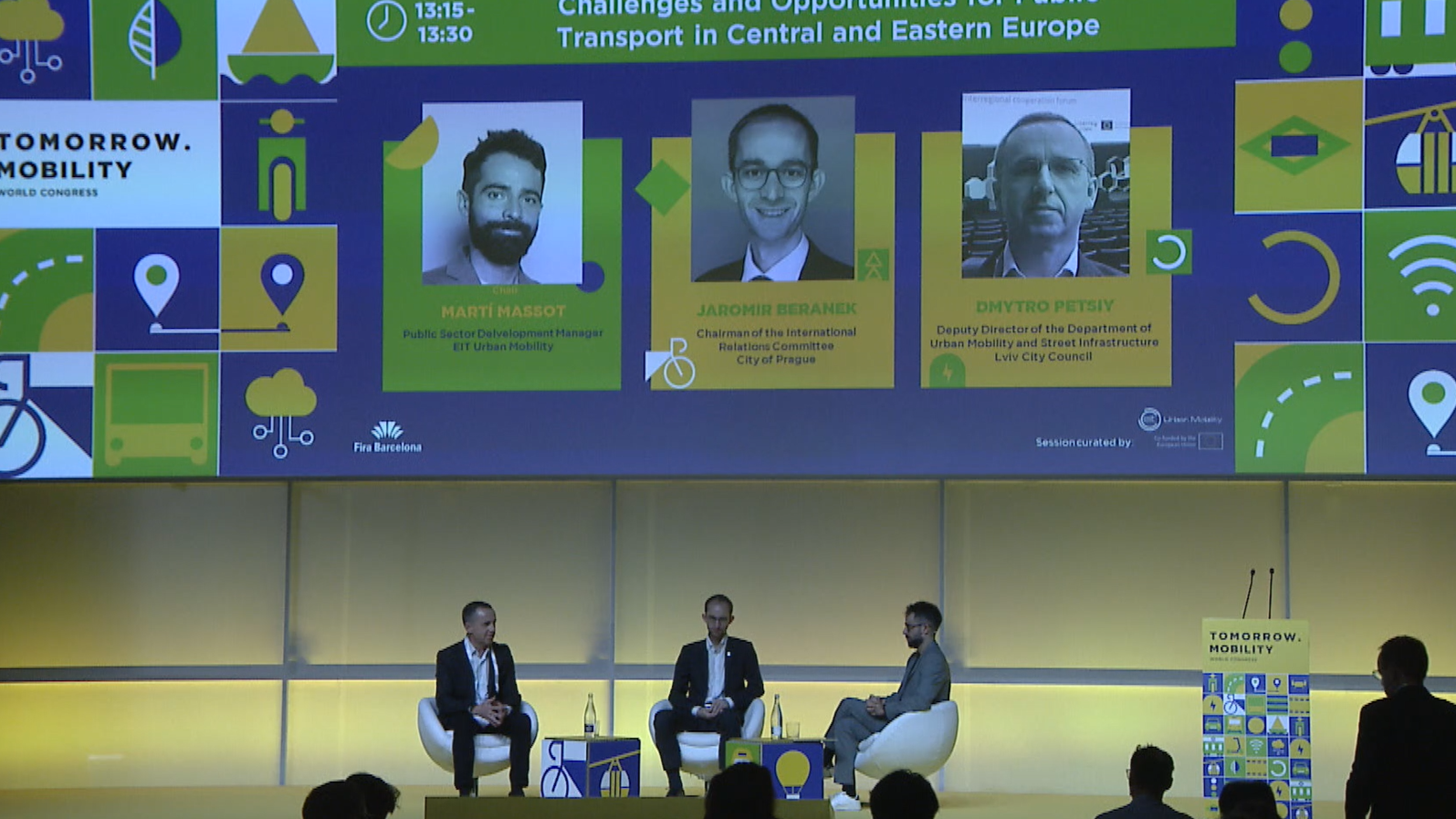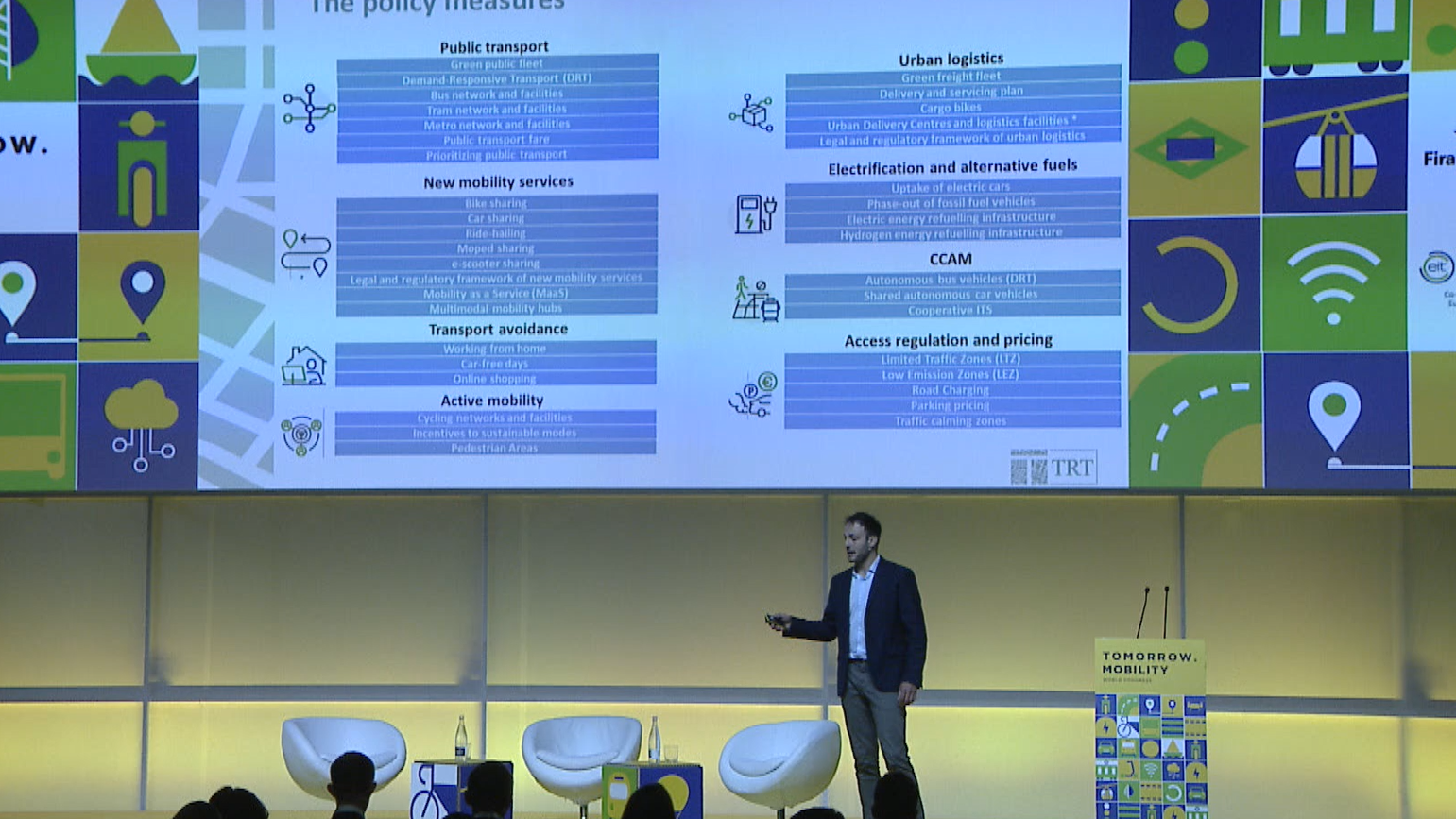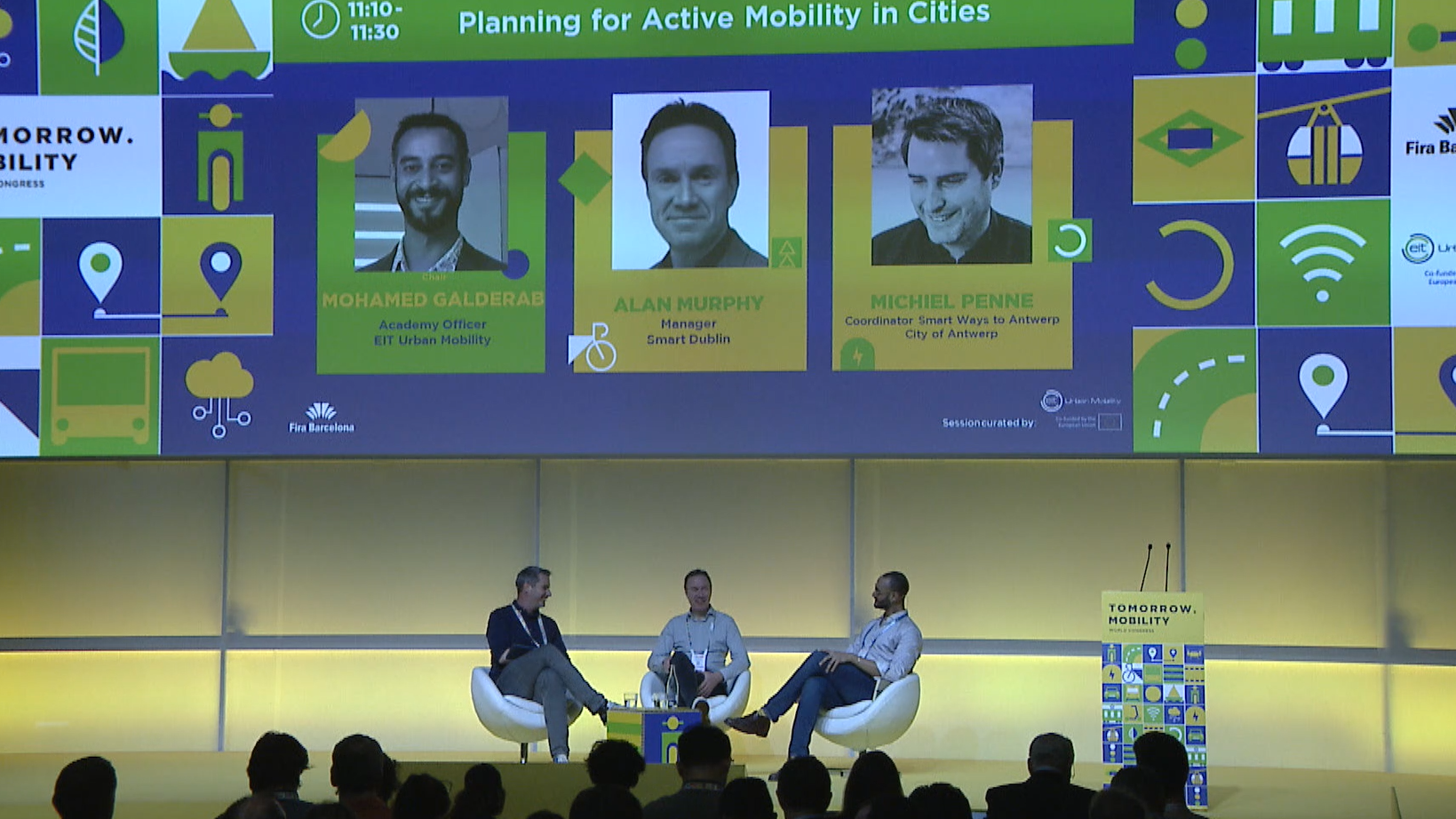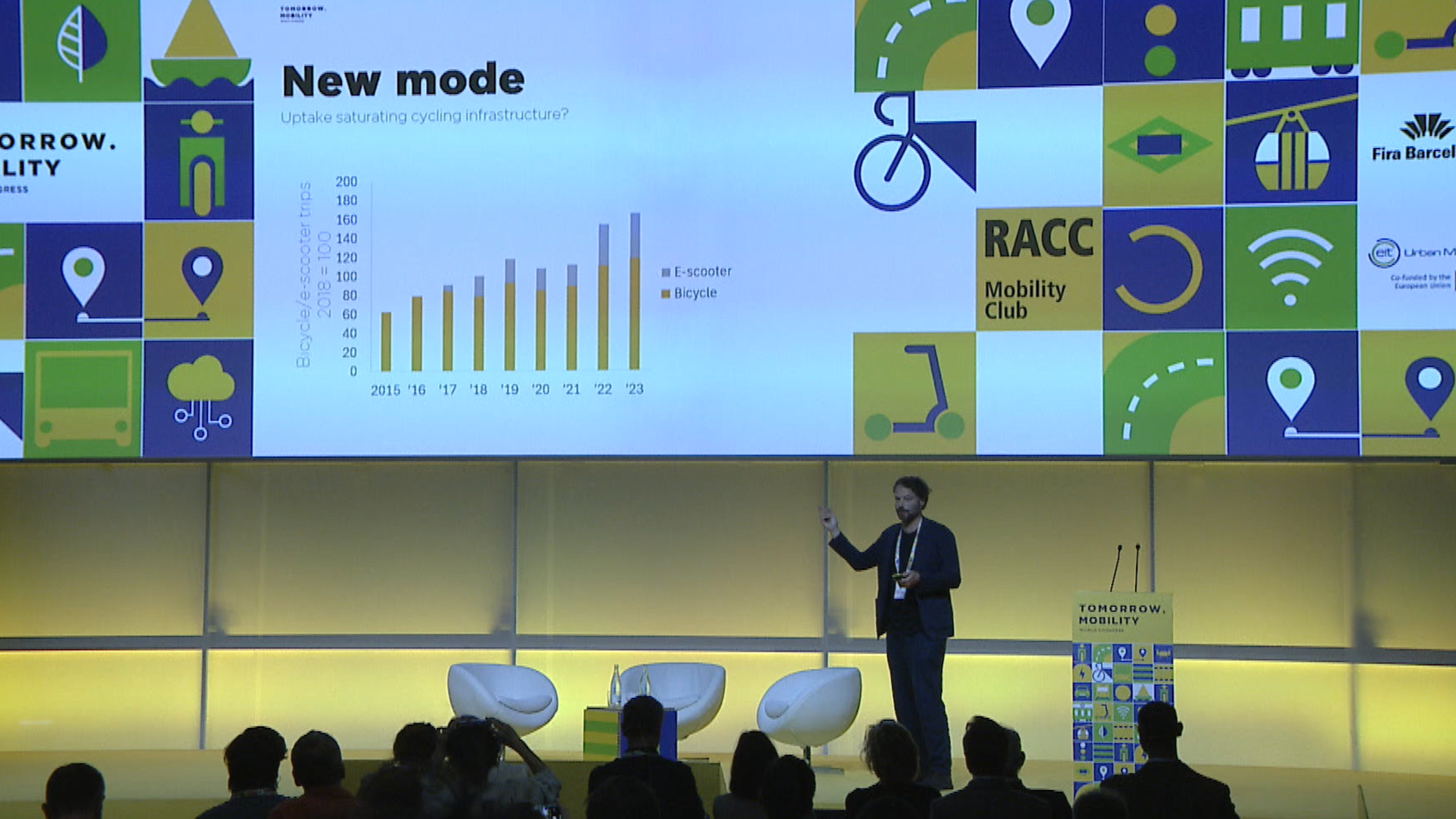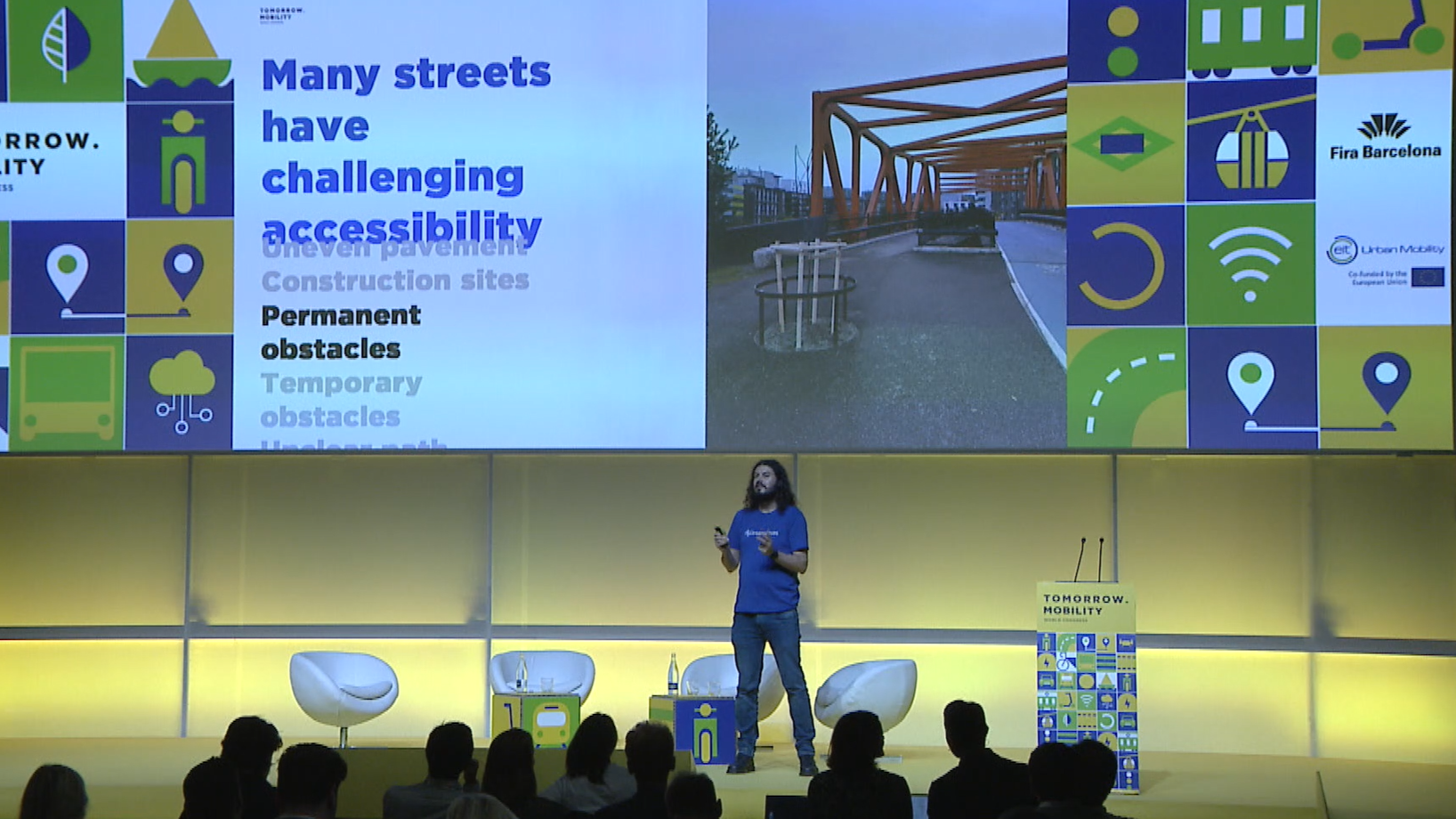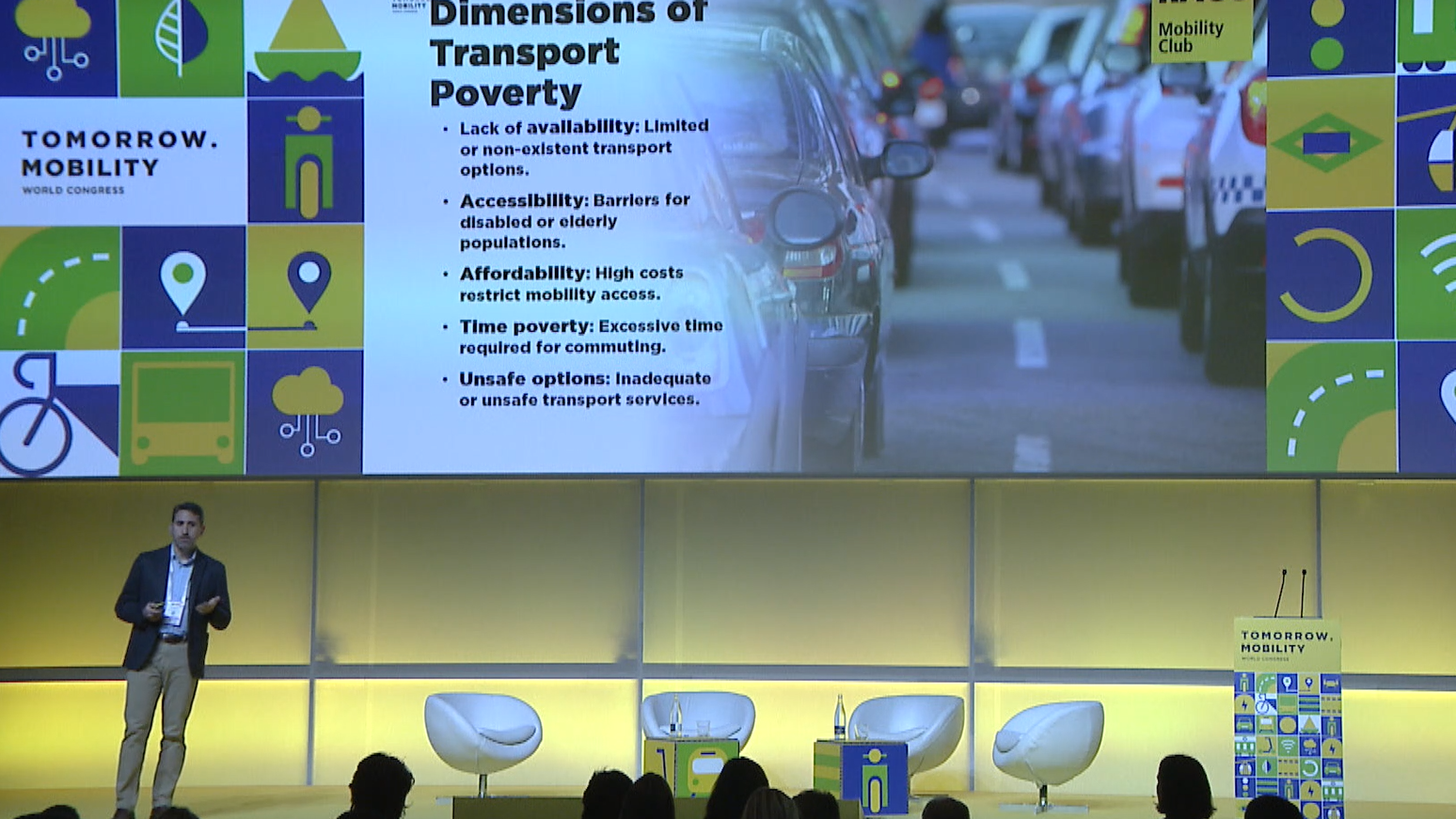
We are more connected through technology than ever before. Over 80% of Europe’s population uses the internet via smartphones, which has immense impact on our data consumption. In fact, data consumption in the region is expected to triple within the next four years.
The possibilities provided by this ubiquitous use of the internet are immense. While this data offers unprecedented opportunities, it is impossible to utilise until it has been through a rigorous process of quality assurance. Not only does data require cleaning and normalisation, but to ensure safety and security, standards and infrastructure must be in place to support its use. When considering data sharing on a large scale, mobility data offers additional complexities not faced by other industries. Due to the nature of mobility data, it needs to be shared not only between companies or cities, but also crossing national boundaries and sectors; from freight and buildings to materials and energy.
One way to overcome these hurdles and democratise the sharing of data, is to implement data spaces. As explained by EIT Urban Mobility’s recent study “data spaces are decentralised ecosystems that facilitate the voluntary, sovereign and secure sharing of data.” Decentralisation is key to the viability and efficacy of data spaces, as it offers necessary trust across the ecosystem, enabling data flows.
MORE INFO: EIT Urban Mobility
IMAGES FROM: EIT Urban Mobility





































